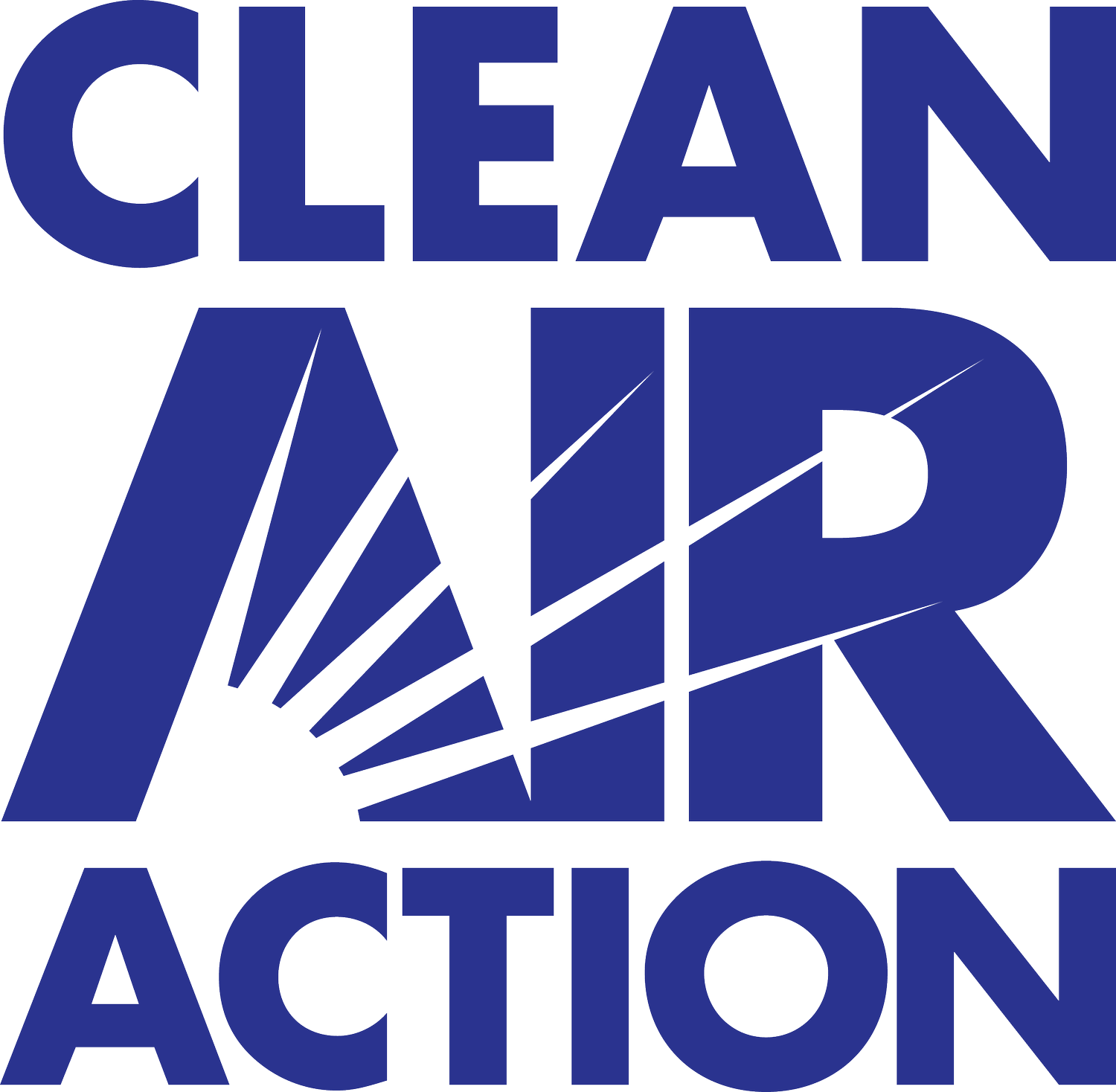
Important Legislation
Highlighting the most important environmental legislation under consideration.
Help Clean Air Action Hold Elected Officials Accountable
Learn more about key environmental bills, their impact, and how to take action.
Good Bills
2025-2026 Legislative Session
-
What the bill does:
For one reason or another (they are renters, have shaded roofs, etc.), many people cannot put solar panels on their property. Community solar allows those people to purchase or lease a “share” in a community solar project and receive a credit on their monthly electricity bill for energy produced by that share. Right now, community solar is not allowed under Pennsylvania law, but HB 1555 would change that and allow over 230 community solar projects.
Why we support it:
Right now, only 0.5% of Pennsylvania’s electricity comes from solar energy, which is one of the lowest rates in the country. HB 1555 would go a long way toward unlocking the potential for solar development in Pennsylvania. And community solar isn’t just good for the climate, it’s good for Pennsylvania’s economy, and is one of the only ways low-income residents can afford to get solar energy. A Penn State study estimated that a bill authorizing community solar would add 12,000 jobs and $1.8 billion of investment to Pennsylvania’s economy.
What you can do:
While HB 1555 has bipartisan support, it’s been stuck in the General Assembly for nearly a year. Your voice could be very important to getting this bill over the top.
-
Item description
Bad Bills
2025-2026 Legislative Session
-
In 2020, the Solid Waste Management Act was broadened to include what industry terms, advanced recycling and recovery facilities for post-use plastics, but is in fact an industry that ensures fossil fuel-derived plastics continue to be manufactured and widely used. The amendment reclassified this industry as manufacturing and declassified post-use plastics as waste.
This bill would define and allow for the pyrolysis (burning) of rubber tires in Pennsylvania to be considered “advanced recycling.”
This legislation would remove important DEP regulations that are our only defense and protection from irresponsible and dangerous private industry activities that harm our health, water and air quality.
-
What the bill does:
Fracking companies are required by law to pay an impact fee to the communities in which they operate under PA Act 13.
This bill would allow for the denial of that community impact money as a retaliatory action against local communities who seek to protect themselves from the harmful environmental and public health impacts from the fossil fuel industry.
